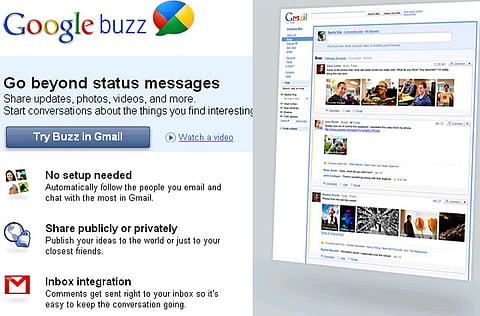Technology is only an enabler in smart city push
Dubai’s vision of a connected city finds a central role for human emotions too

Digital is spurring a new kind of urban growth in the Middle East, with Dubai aiming to be the world’s smartest city. Essentially, the smart city is viewed as the interconnection of services available in a city such as transport, energy and other utilities, including maintaining of security and managing crisis in the event of a disaster.
Laying down the foundations of a smart city is no longer solely for architects and engineers. Computer programmers, software architects and a host of other tech experts are very much part of the process. Telecom is no longer about ‘dumb’ pipes that involve the laying of cables. It is now about ensuring that connectivity can effectively deliver the needs of urban residents.
In the internet of Things (IoT) era, telecoms’ revenue from its traditional role of transmitting voice calls in fixed locations is being challenged by data and information flowing seamlessly. Martin Creaner, an IT corporate adviser, said in an interview with Knowledge@Wharton, “Every telco that you talk to is deeply embedded in trialing out technologies and business models in each one of those areas — smart city, smart home, connected car. You know, drones for agriculture, health care systems, connecting to smart devices and wearables for health care and wellness — there’s a whole load of trials going on across the world now.”
Creaner says that technology is not the main concern. “What isn’t yet there are the business models and the market structures and the ecosystems that need to cooperate with each other, need to be orchestrated in order to turn these things into a real business. I have no doubt it’s going to happen.”
The availability of high-speed data connection and smart sensors is not the only thing that makes connectivity work. The other unseen aspect of connectivity is the set of policies that would govern such smart systems.
Dubai has outlined its vision of a smart city in Dubai Plan 2021, and it is on track in setting up policies in favour of related initiatives. However, the Dubai Government clearly clarifies in its vision and mission that a smart city’s transformation is not about technology, but rather about the happiness of its citizens and residents.
Smartness as a way of life is being identified according to several pillars such as living conditions, mobility, the environment, governance, people and the ICT infrastructure. But the fundamental platform and enabler of solutions that could help achieve smartness rests on effective ICT policy and regulations.
Dubai’s leadership is of course based on a more comprehensive agenda under UAE Vision 2021. Among the countries in the Middle East, the UAE Government is one of the most active in taking advantage of this new phase of the ICT revolution.
Through the mGovernment project, it has defined a comprehensive programme for transforming every aspect of government services to become electronically accessible in all technologically possible ways. Metrics and indices of the government’s ICT targets are being set up to make sure these initiatives are being met by every agency tasked to bring about this overarching goal.
The IT advisory firm Gartner forecasts that Middle East governments in general will spend up to $11.5 billion on telecoms and IT services in 2016 alone, indicating the seriousness of governments in improving technological capacity.
Apart from government initiatives, the UAE’s business environment has also become a conducive ground for digital innovation to flourish led by young entrepreneurs and start-ups. A recent report on the State of Digital Investments reveal that the UAE has become the leading country in start-up growth in MENA. More than $750 million was invested in more than 450 tech start-ups in the region between 2013 and 2015, according to research by Arabnet.
The UAE has taken the lion’s share of investors in the region at 27 per cent, making it the most attractive for ICT developers — an essential pool of experts that could spur smart city growth in the country.
With two major telcos in the country relied upon to deliver the backbone to make smart cities work, some thought leaders in the UAE are pushing for the market to be opened up further to liberalise the sector. Authorities appear to be receptive to such views as the Federal National Council in March approved a draft law, which aims to strengthen competition in the sector, stimulate investments.
But as far as the Dubai Government is concerned, the bid to become one of the smartest city in the world will not be measured by technological capacity alone. As Smart Dubai Office’s Director-General, Dr. Aisha Bin Bishr puts it, “We differentiate our projects by adding happiness at the heart of our smart city strategy.”
The writer is Managing Director, Orient Planet Group.



